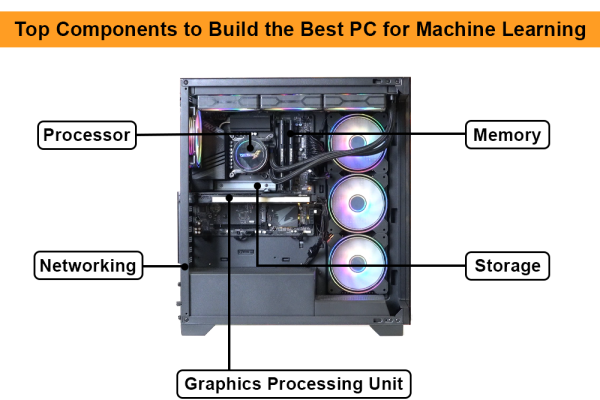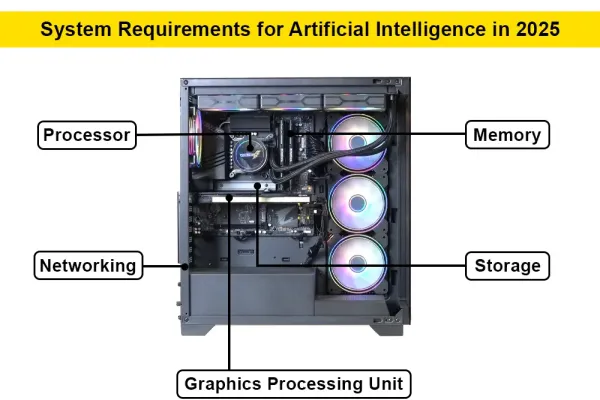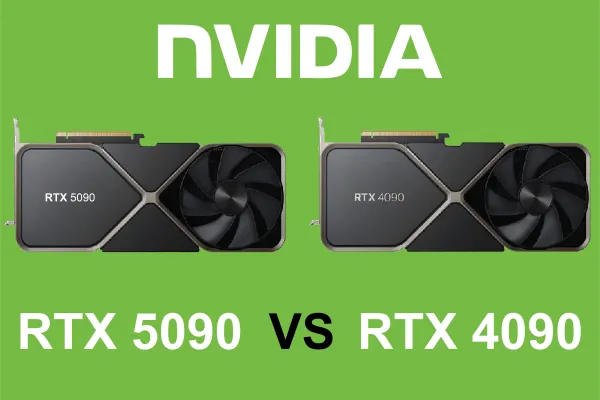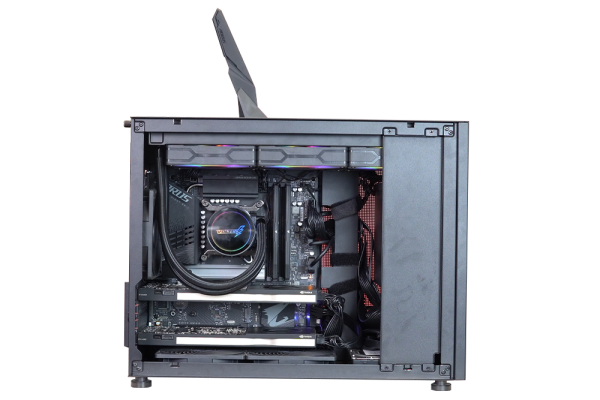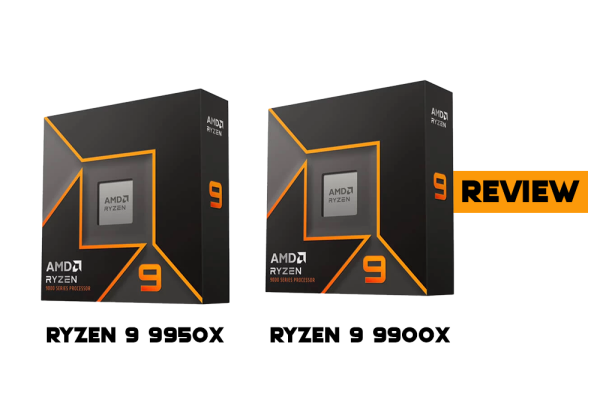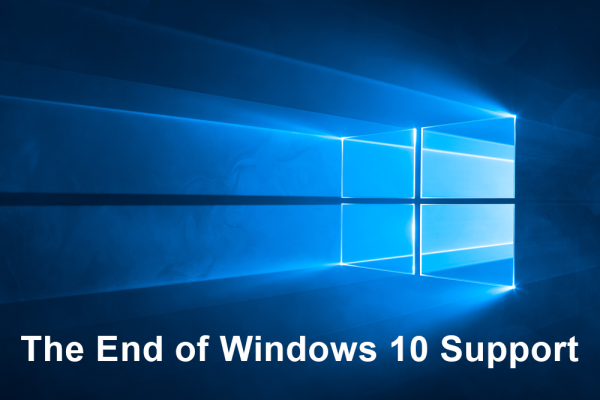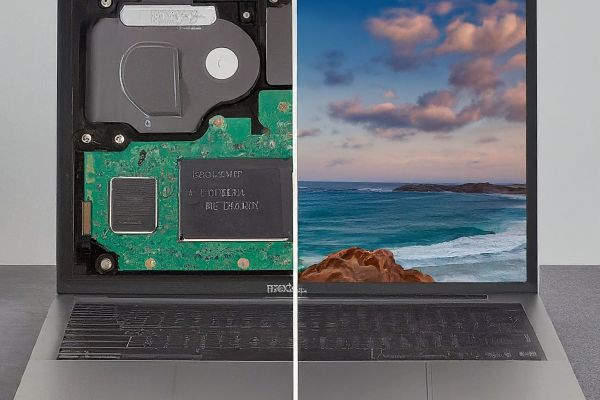
SSD vs HDD - Difference Between Data Storage Devices
SSD vs HDD - Difference Between Data Storage Devices
When it comes to storing data, there are two main options - solid-state drives (SSD) and hard disk drives (HDD). While both serve the same purpose of storing data, they differ significantly in terms of technology, performance, and price. In this blog post, we'll delve into the differences between these two data storage devices.
Technology:
HDDs have been around for decades and use mechanical moving parts to read and write data on a spinning disk. On the other hand, SSDs use flash memory technology, which has no moving parts and stores data on microchips. This fundamental difference in technology is what sets these two devices apart in terms of performance.
Performance:
SSDs are significantly faster than HDDs in terms of data transfer speed. This is because SSDs have no mechanical parts that need to move and can access data almost instantly. In contrast, HDDs have to spin and move a read/write head to access data, which takes a longer time. As a result, SSDs have faster boot-up times, faster application loading times, and overall smoother performance. This makes them a preferred choice for high-performance tasks such as gaming, video editing, and data analysis.
Durability:
Since HDDs have mechanical parts, they are more prone to wear and tear over time. This can lead to data loss or drive failure. In comparison, SSDs are more durable as they have no moving parts that can be damaged. This makes them a more reliable option for long-term data storage.
Price:
One significant difference between SSDs and HDDs is their price. HDDs are significantly cheaper than SSDs, making them a more budget-friendly option for storing large amounts of data. This is because HDDs use older, more mature technology, while SSDs are relatively new and more expensive to produce. However, as technology advances and SSDs become more widespread, their prices have been steadily declining, making them a more affordable option for everyday use.
Capacity:
Traditionally, HDDs have always offered larger storage capacities compared to SSDs. However, as SSD technology continues to advance, SSDs are now available in larger sizes, sometimes even up to 4TB. While HDDs still offer larger capacities, this gap is closing, and for most users, the capacity offered by SSDs is more than enough for their needs.
Purpose:
The type of data being stored also plays a role in choosing between SSDs and HDDs. For example, if you need to store large media files such as videos or photos, HDDs would be a more suitable option due to their larger capacity and lower price. However, if you need to store and access data quickly, such as for a business or for running software applications, then an SSD would be a better choice.
In conclusion, both SSDs and HDDs serve the purpose of storing data, but they differ greatly in terms of technology, performance, price, and purpose. Ultimately, the choice between the two depends on your specific needs and budget. If you need fast performance and can afford it, an SSD is a great choice. But if you need large storage capacities at a lower cost, an HDD may be the better option. Whichever you choose, it's essential to consider your needs and do some research to ensure you make the right decision for your data storage needs.
Posted 1 year agoby Himanshu Sharma



